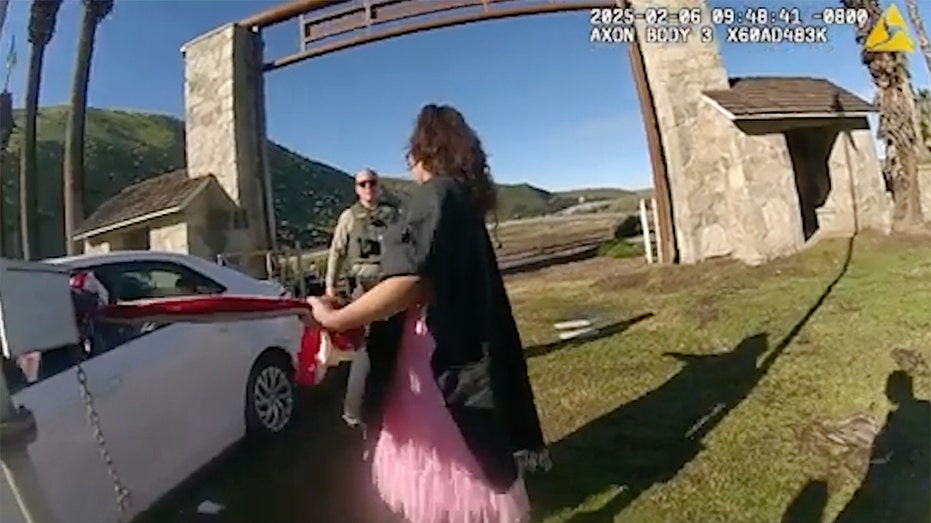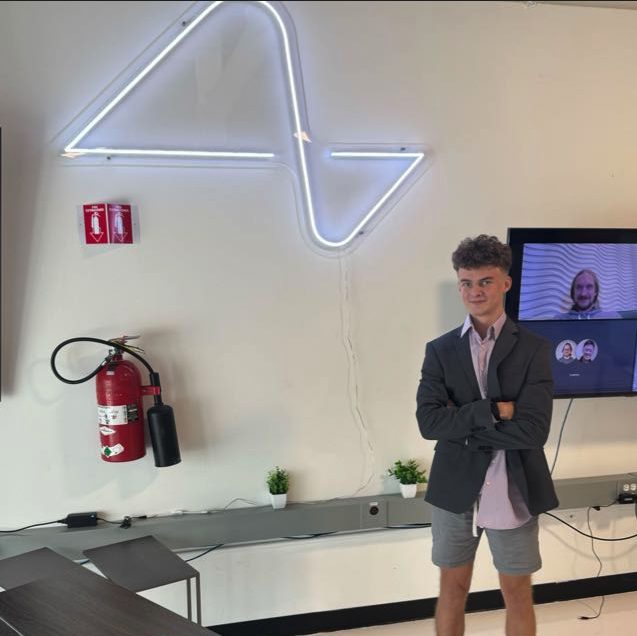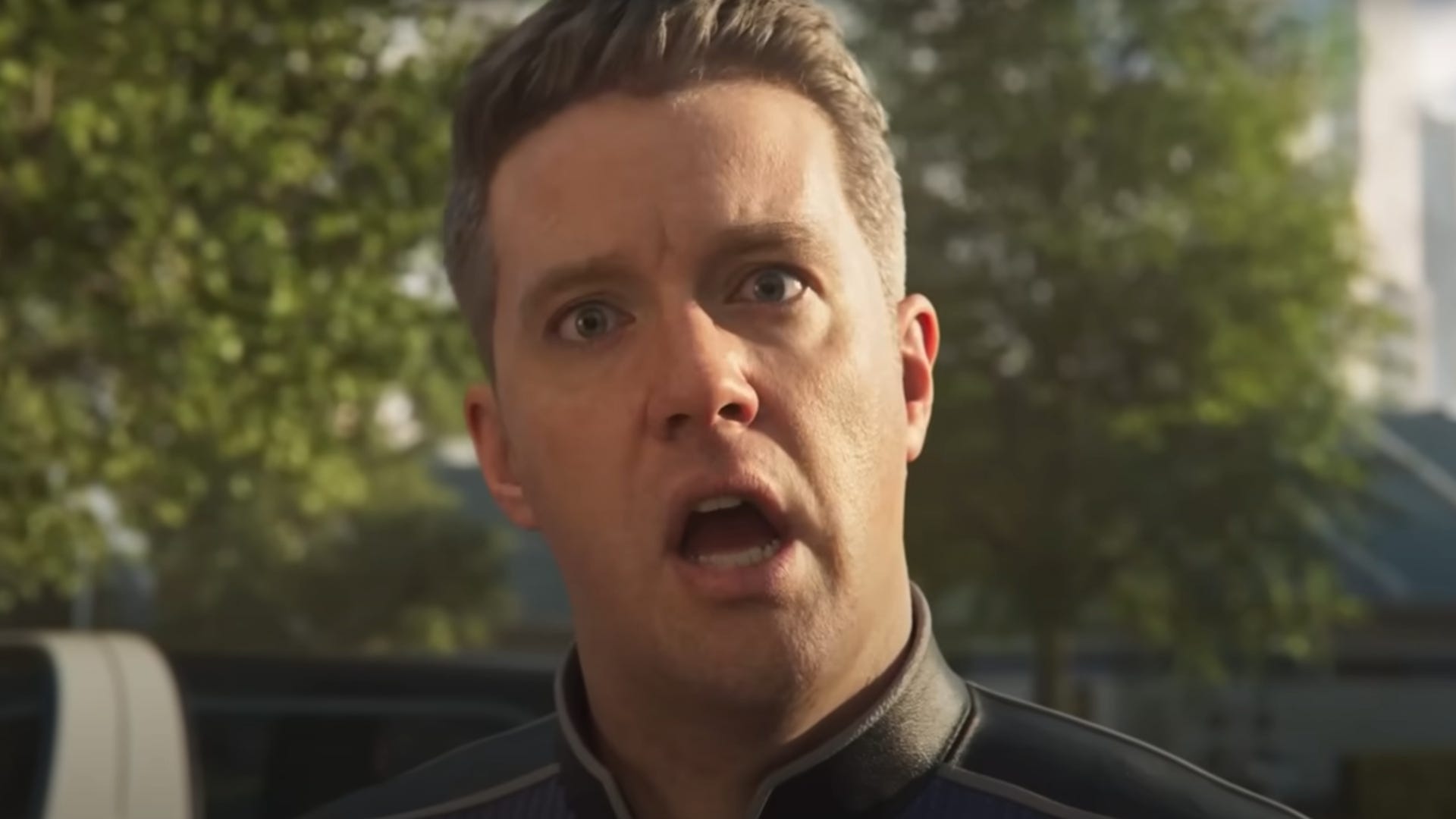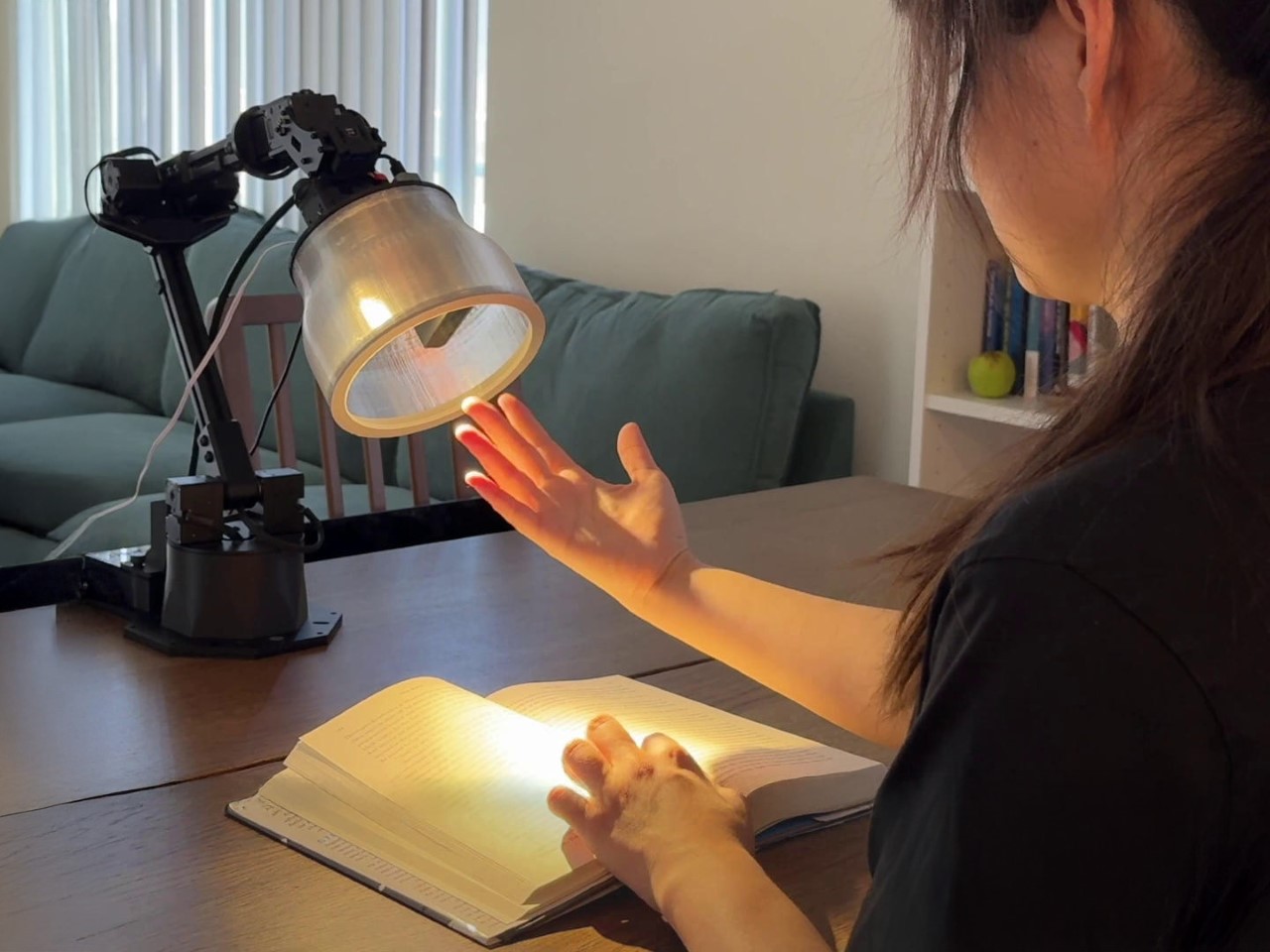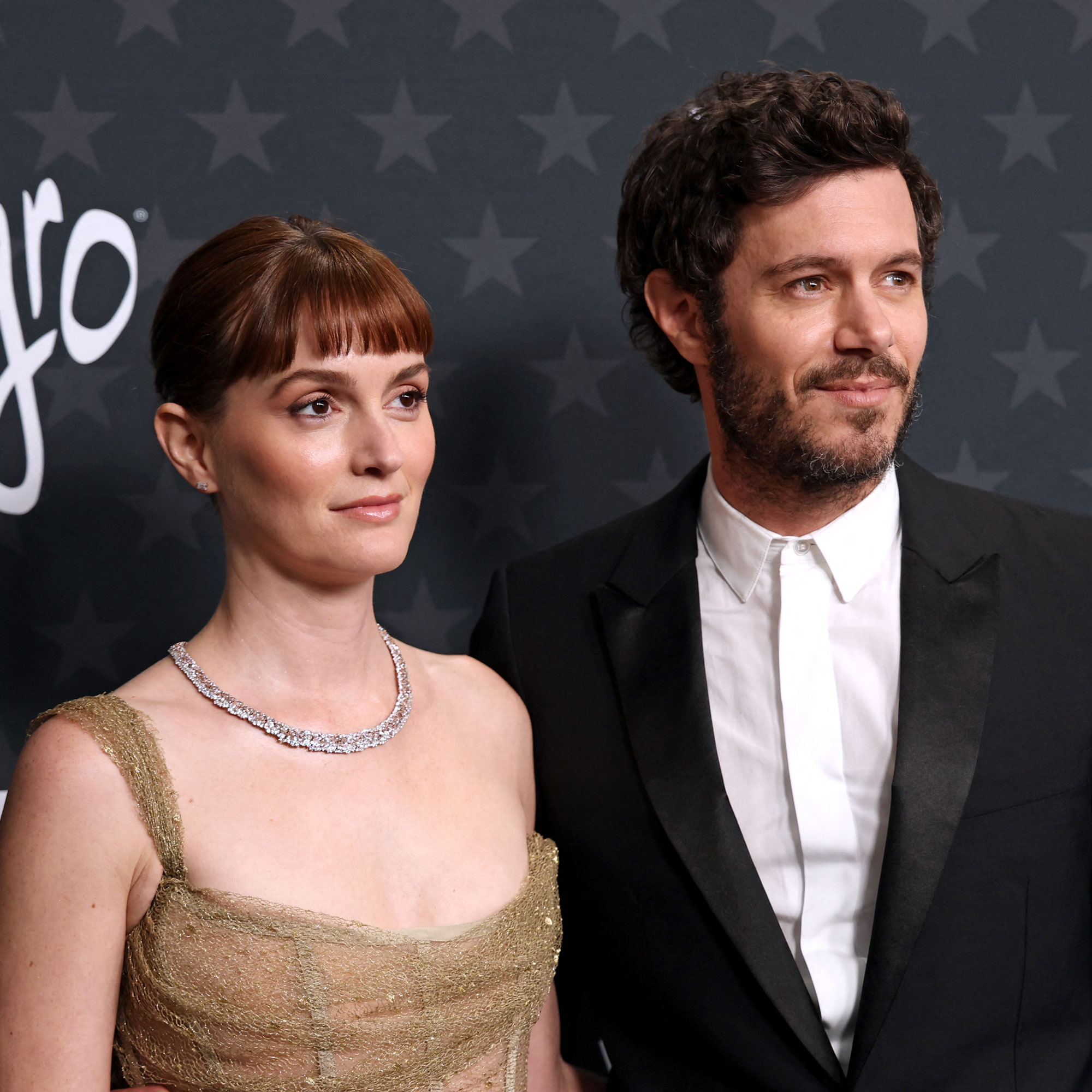A New Kind of ‘Illness Realism’
Two authors' memoirs attempt to communicate intensely isolating experiences to readers.

This is an edition of the Books Briefing, our editors’ weekly guide to the best in books. Sign up for it here.
Illness and literature have frequently been bedfellows. Tuberculosis, for example, shortened the life and influenced the work of authors as varied as Robert Louis Stevenson, Franz Kafka, and the Brontë sisters. We can’t know what In Search of Lost Time would have looked like if a variety of ailments had not left Marcel Proust in his bed during his youth. To infer that sickness begets literature would be misleading—perhaps even dangerous. But once in a while, it forces a writer to undergo a radical artistic transformation—one so serious that they might reconsider what books can do.
First, here are three new stories from The Atlantic’s Books section:
- What Christopher Hitchens understood about the Parthenon
- The modern voice of war writing
- A novelist who looks into the dark
This week, Hillary Kelly wrote for The Atlantic about a visit with Hanif Kureishi, the award-winning British author who, in 2022, at age 68, began to feel faint and lost consciousness. When he awoke in a hospital, he learned that he had broken his neck, and was paraplegic. Kureishi was already well established before his debilitating injury. In fact, he confessed to Kelly, he believes success had made him too comfortable. “I was happy having a good life,” he said. “I thought, Fuck it. Why should I spend all day working? … I didn’t have much of a desire to write anymore.”
But after his fall, beginning in his first days in the hospital, Kureishi started to write furiously. A flurry of social-media posts earned him sympathy and admiration for his truth-telling. Over two years of immobility and constant care, that intensity has not abated. A new book, Shattered, collects essays from his first year.
In defining what’s new about the book’s “illness realism,” Kelly draws on Virginia Woolf, another writer who faced serious health challenges. In On Being Ill, Woolf wrote that “things are said, truths blurted out” on the sickbed “which the cautious respectability of health conceals.” Kureishi, Kelly writes, conveys these truths unvarnished: “He has no distance from himself or his condition, and refuses to add any.” Kureishi told Kelly that he hasn’t been able to read since his fall; he hasn’t even read his own book.
Last week in The Atlantic, Kristen Martin wrote about another unusual memoir that presents a very different example of how a health emergency can rewire an author’s work. Sarah Chihaya’s Bibliophobia is, Martin writes, “an account of how her reliance on books played a major role in a crisis, leading her, for a time, to fear them.” In 2019, after a lifetime of devoted reading, Chihaya was hospitalized in a psychiatric ward, after which she found herself unable to read (or to write the book that would secure her tenure as a Princeton professor). What eventually helped her emerge—and to write this memoir—was a diagnosis of major depressive disorder, which provided “a new plot for her life, based in reality rather than fiction.”
Writing—of a new, almost unbearably honest kind—seemed to have helped both of these authors communicate intensely isolating experiences to readers. For the ill person, Woolf wrote, “the whole landscape of life lies remote and fair, like the shore seen from a ship far out at sea.” Yet that seascape, too, belongs to life; most readers find themselves there at some point. And an author may teach them how to navigate the tides.

Hanif Kureishi’s Relentlessly Revealing Memoir
By Hillary Kelly
How a tragic accident helped the author find his rebellious voice again
What to Read
To Name the Bigger Lie, by Sarah Viren
At first, To Name the Bigger Lie seems like a straightforward coming-of-age story. As a high-school student in 1990s Tampa, Florida, Viren falls under the sway of her charismatic teacher Dr. Whiles, who is intent on pushing his students to question the nature of the truth. His pedagogy involves exposing his class, often uncritically, to conspiracy theories that include Holocaust denialism. Years later, in 2016, Viren sets out to write a book that treats that period in her life as an allegory for the rise of fascism in the United States. But, partway through the writing, her wife—an academic, like Viren—is falsely accused of sexual harassment, and the ensuing Title IX investigation becomes part of Viren’s narrative. The surprising convergences that Viren finds between the case and Dr. Whiles’s teaching—both of which turn out to be fraught, harmful ways of trying to access the truth—culminate in a chilling interrogation of the fact-finding methods that our institutions rely on. — Tajja Isen
From our list: Read these books—just trust us
Out Next Week
